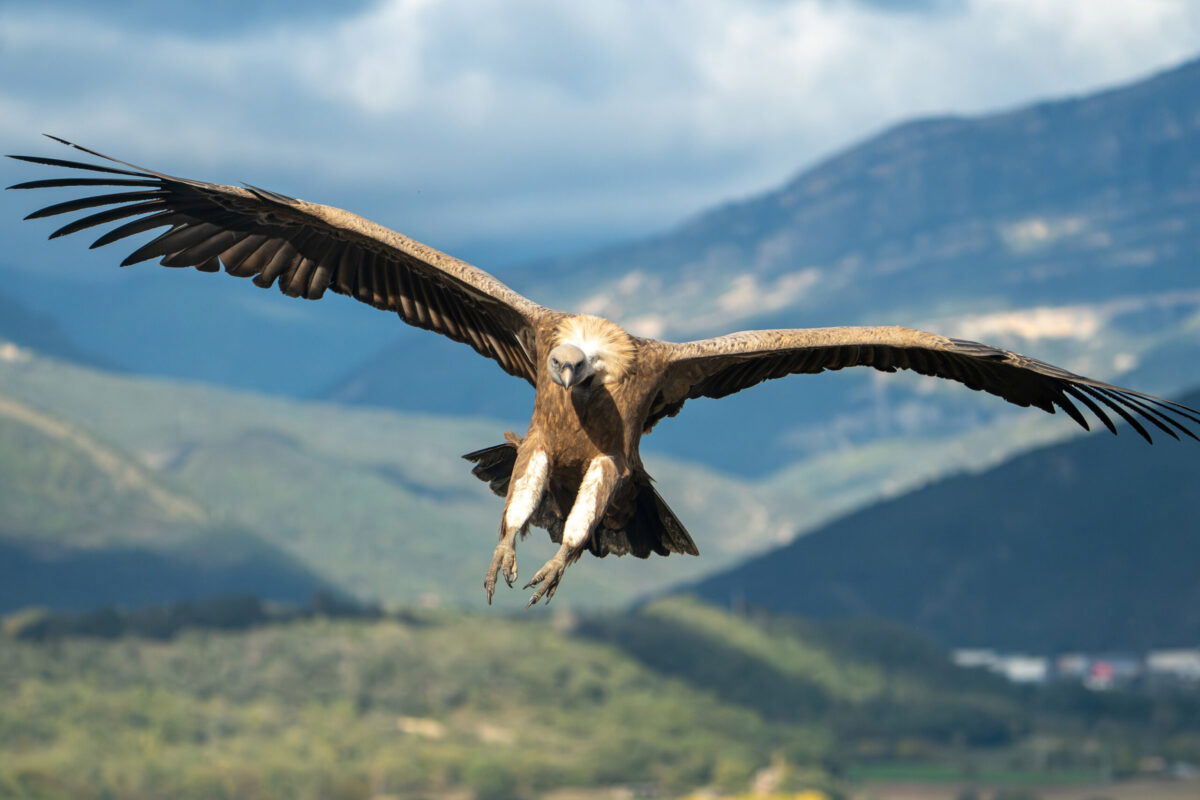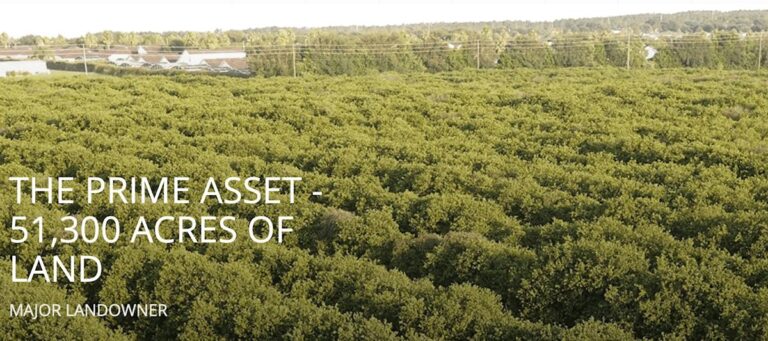
Griffon vulture, in flight (Gyps fulvus). Credit: Kike Garcia. Shutterstock
Nature conservation in the Balearic Islands has taken another step forward with the event “70 Years of Conservation and Commitment to the Balearic Islands’ Conservation” held at Raixa, Mallorca.
The event, organised by SEO/BirdLife, served to honour the people, projects, and partnerships that have been instrumental in protecting the natural heritage of this Mediterranean archipelago.
This event is part of the 70th anniversary celebrations of SEO/BirdLife, which began on May 15 and has made the Balearic Islands one of its focal points. Over these seven decades, the organisation has played a key role in the knowledge and protection of the islands’ biodiversity, especially in the field of avifauna, with the establishment of SEO/BirdLife’s Technical Office in the Balearics. This office has been essential for monitoring bird populations and collaborating with important natural spaces such as Cabrera National Park, Sa Dragonera Natural Park, and various institutions committed to conservation.
The conservation of emblematic species has been one of SEO/BirdLife’s main focuses in the region. One of the most notable cases is the Balearic shearwater, whose population has been threatened by invasive species and accidental fishing. Additionally, the near-threatened griffon vulture has been studied in the Serra de Tramuntana, where its population has significantly increased thanks to work carried out under the ARES II project, funded by the Balearic Government.
Regarding terrestrial fauna, SEO/BirdLife has conducted research on the impacts of wild goats on vegetation in the Serra de Tramuntana and carried out conservation projects for cave-dwelling bats, such as the closure of the Cueva d’En Curt in Menorca, a key space for protecting these species. The organisation has also worked on protecting threatened marine invertebrates, such as the nacra and the gastropod Dendropoma lebeche, which inhabit the waters around the islands.
SEO/BirdLife’s commitment to Balearic biodiversity has also been reflected in events like the XXV Spanish Ornithology Congress, held in Menorca in 2022, and in celebrations of the Balearic government’s decision to shelve the Sineu farm project, which threatened the natural environment.
The SEO-Virot Local Group, formed before the official establishment of the Technical Office, has been another cornerstone of conservation in the Balearics. Made up of dedicated volunteers, this group has been fundamental in early conservation actions and continues to be an example of citizen engagement. As Asunción Ruiz, the executive director of SEO/BirdLife, points out, “The history of SEO-Virot reflects the value of voluntary and collective involvement in nature conservation.”
Partnerships with other groups and entities, such as the Balearic Ornithological Group (GOB), the Red Cross, and Alnitak, have enabled the execution of projects like ARES II and the Xarxa Aigua i Biodiversitat. The latter, in collaboration with SEO/BirdLife, has produced an important publication on the birds of the wetland areas of the Balearic Islands, highlighting more than forty native species.
Lucía Latorre, head of SEO/BirdLife’s Technical Office in the Balearics, emphasised the importance of these shared efforts: “We reaffirm our commitment to a future where biodiversity and respect for ecosystems remain central to development on the islands.” In the long term, SEO/BirdLife’s challenges include raising public awareness about the importance of nature in the archipelago, promoting the sustainable use of tourist areas, and eliminating threats such as light pollution and invasive species.
With 70 years of experience, SEO/BirdLife has achieved a significant milestone in its fight for the conservation of birds and their habitats, with over 26,000 members. Its work remains essential in protecting biodiversity, tackling the challenges of climate change and biodiversity loss, and focusing on environmental education and citizen participation.
The Balearic Islands harbour a unique biodiversity, characterised by a rich variety of endemic species and a wide range of ecosystems, from the Mediterranean waters to the mountains of the Serra de Tramuntana. Among its natural treasures are emblematic birds such as the Balearic shearwater, the griffon vulture, and the osprey, as well as terrestrial and marine flora and fauna vulnerable to the threats of climate change and invasive species. The region also hosts important habitats for bats, marine invertebrates such as the nacra, and endemic species such as the beetle Akis bremeri, making the Balearics a true refuge for Mediterranean biodiversity.
Stay tuned with Euro Weekly News for the latest news about Europe and Mallorca.







